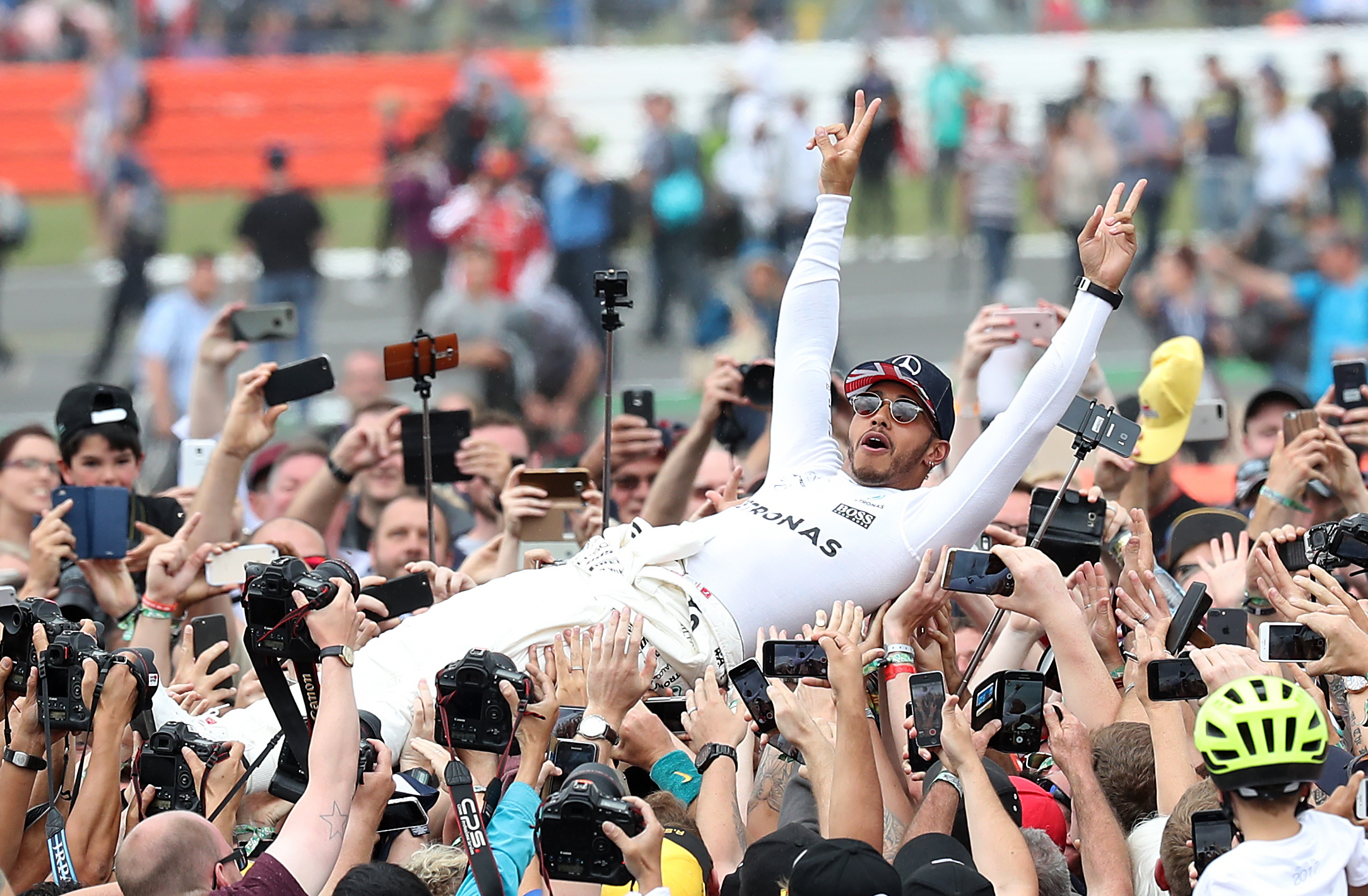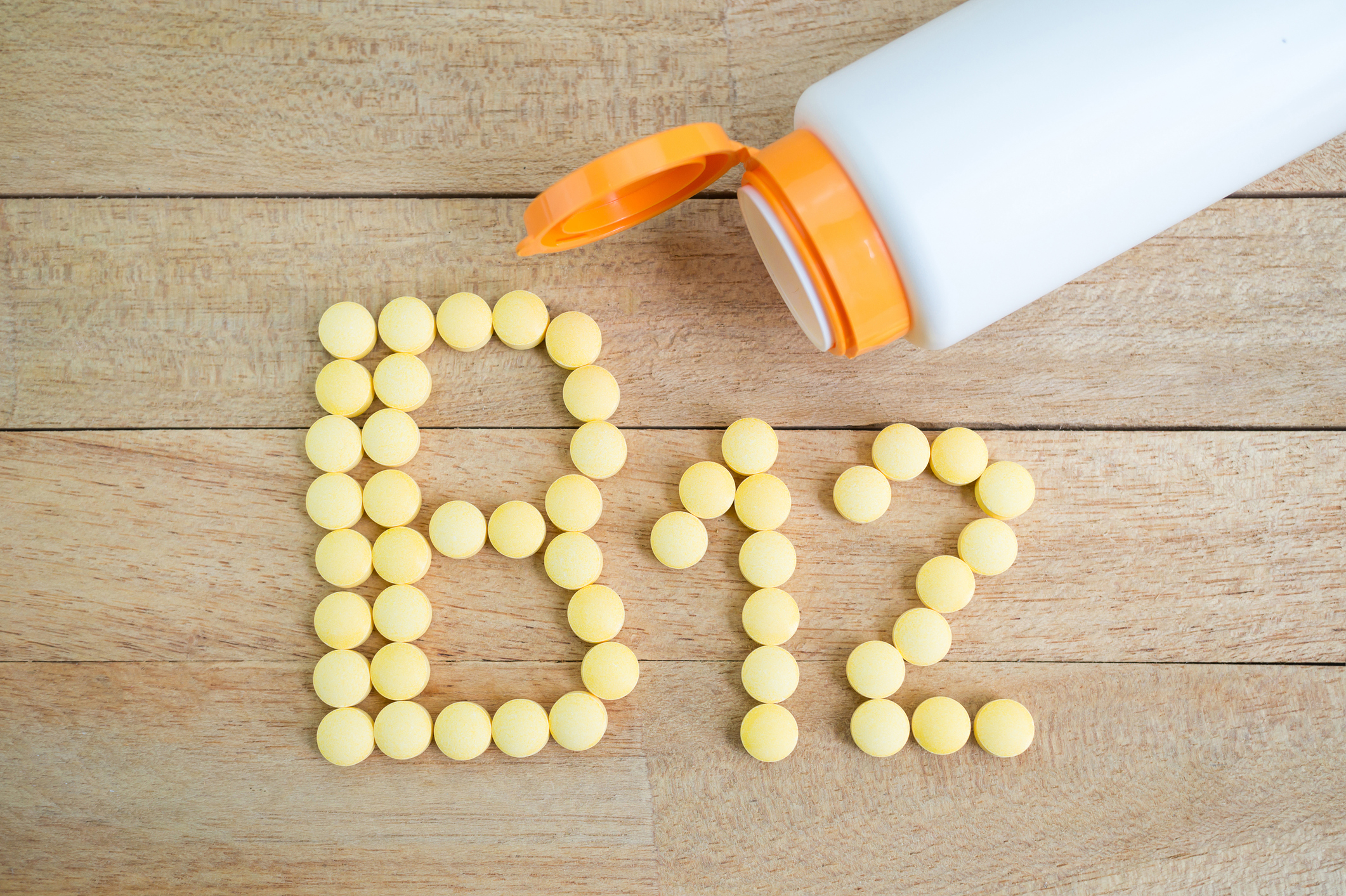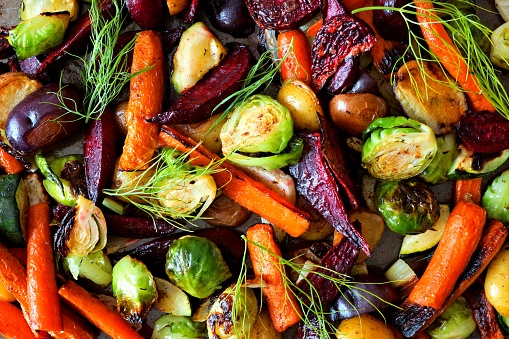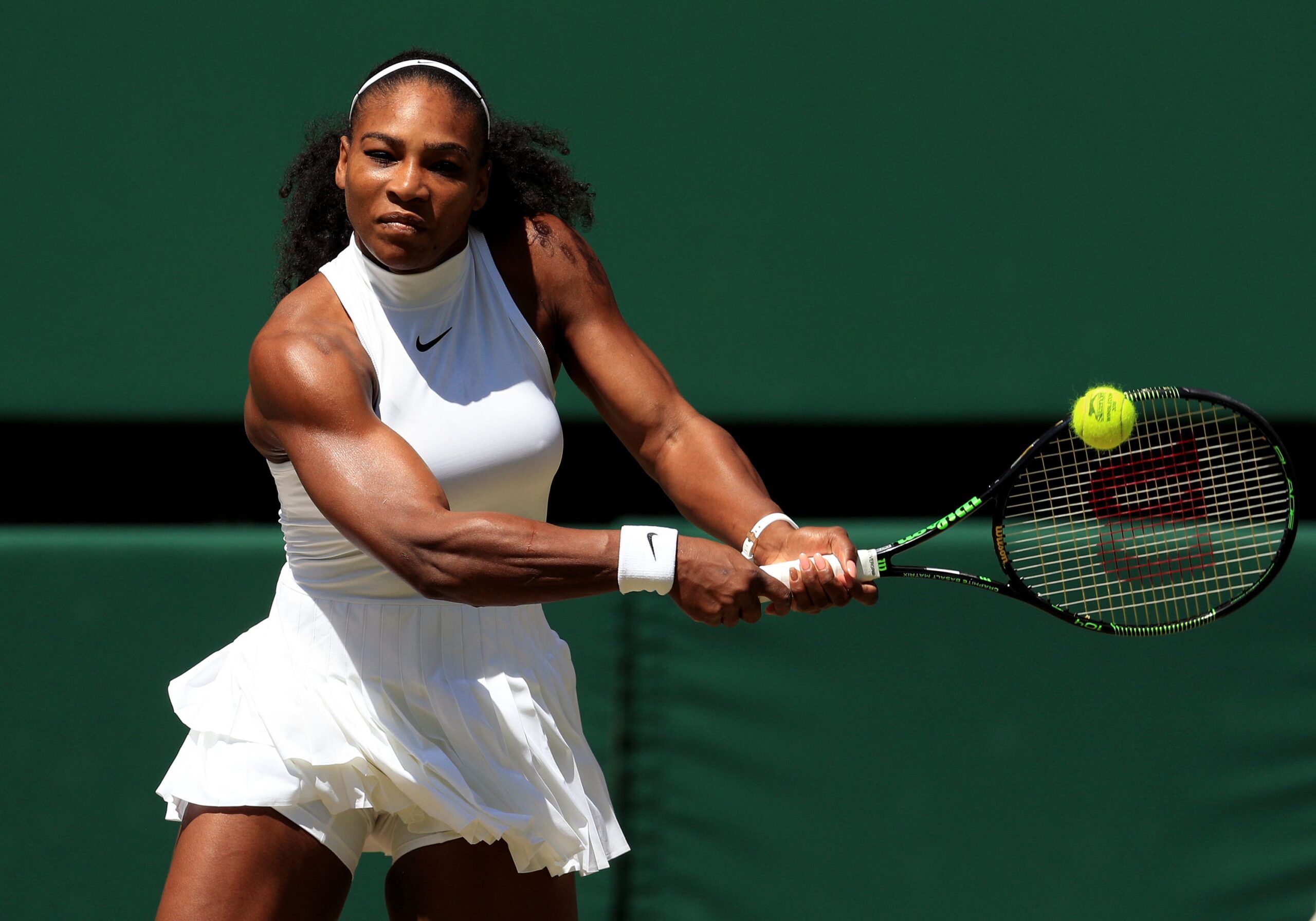Even if you’re just a casual gym-goer, and not a professional athlete by any stretch, chances are you’ll still be well aware that protein is key if you want to see real progress, right?
As many of the main protein sources are animal-based, there’s a popular school of thought that assumes no pro athlete could possibly be vegan. Well, think again, because some of the most impressive sportspeople in the world have opted for the plant-based life.
Yes, it’s true. There’s 23-time Grand Slam tennis ace Serena Williams. Seven-time Formula One World Champion Lewis Hamilton. And boxer David Haye, who has held world titles in two weight categories. All vegan.

In fact, it seems an increasing number of pro athletes have started following a vegan diet to help their performance – like footballer Jermain Defoe, who has adopted a largely plant-based regime to keep his career going strong at the age of 38.
But what are these athletes up against if they go vegan? Sure, it’s good for animals and the environment – but will it give them any physical edge over their competitors? We spoke to a handful of experts to find out…
What’s all this fuss about protein?
‘How do you get your protein?’, is a question that exasperated vegans are constantly plagued with. Of course, once you take meat, fish and eggs out of someone’s diet, that eliminates a whole lot of easy protein sources – but this doesn’t mean vegans have to be deficient (after all, we need protein to function).
CEO of health and fitness education company Origym, Luke Hughes says: “If you eat a good mix of meat, dairy, eggs, and fish, you will have no problem maintaining a positive nitrogen balance (or, in other words, having enough protein in your body to repair and build muscle tissue). This is because such foods are complete proteins: for the most part, they contain the nine amino acids which the body can’t produce by itself, so which have to be consumed.”
So what if those things are off the menu? While many people think the only way you can get enough protein is through eating meat, we’re now understanding a lot more about alternative sources, like quinoa and chia seeds – and a lot of this is thanks to the rise of veganism.
For example, a 3oz serving of chicken is equivalent in protein to just over a cup of lentils. Not only this, but lentils don’t contain as much fat, and you’ll be consuming much more fibre (so ounce for ounce, there are additional health benefits too).
Bodybuilder and doctor at Medichecks Emil Hodzovic has first-hand experience of training while being vegan. “A couple of years ago, I challenged myself to a month of plant-based eating in an attempt to form my own unbiased opinion, and see if my protein intake would be affected,” he explains. “While it can be more difficult to consume adequate amounts of varied protein, building and maintaining muscle was entirely possible as a vegan, and I was getting everything I needed nutritionally.”
Of course, professional athletes like Serena Williams have an army of nutritionists to make sure they’re getting the perfect balance of nutrients. While the average Joe might not have as much professional help, a bit of research can help make sure your diet is giving you everything you need.
What other things will vegan athletes have to watch out for?

While vegans can easily get the desired amount of protein from plant-based sources, one thing that is trickier is vitamin B12, which can only be found in animal products. “B12 affects red blood cell production, and therefore is advised for athletes competing in endurance-style events,” Hughes explains.
“Plant-based products like soy are now fortified with B12 in some instances, providing yet another way for vegans to negotiate pitfalls of a plant-based diet,” he adds.
If athletes can’t find a way to eat enough of the vitamin to maintain their energy stores, a high-quality supplement will also help.
Can veganism help with fat loss?
Granted, there is a lot sportspeople will have to consider when switching to a plant-based diet, but could their efforts actually be rewarded with improved performance?
Hodzovic thinks potentially yes – and a lot of this could be down to weight and internal body fat. “A healthy vegan diet could have an edge over those eating the average animal-based diet within the UK. This is due to the increased intake of vegetables and the variety of less calorie-dense nutrient-rich food,” he says.
“When eating excessive calories, this can lead to visceral fat and extra body weight, and as an athlete every pound counts. You can’t afford to carry additional weight especially around the abdomen, as this impacts performance and strength.”
Of course, this logic wouldn’t apply if the vegan athlete spent their days eating dairy-free cookies – but we doubt that’s the case for Williams.
What about the immune system?

Instagram vegans always seem to be banging on about how they never get sick, and even though it’s annoying, there’s actually something in this.
“A diet focused around vegetables, complex carbohydrates and plant-based protein will give you endless amounts of vitamins, minerals and antioxidants, which are all a benefit when training,” Hodzovic explains. “Not only for performance and muscle growth, but also to sustain the immune system – as a professional athlete, there isn’t time available to be unwell or not in optimal health.”
Even something as small as a cold can seriously derail an athlete’s training plan, so minimising these setbacks can be a huge help.
Do vegans really have more energy?
More and more people are turning to a vegan diet for the health benefits: increased energy, younger looking skin and eternal youth are just some of the claims from enthusiastic plant eaters. 🌺🌱 #Vegan #love
— Steggi (@steggivegan1) February 27, 2018
Jermain Defoe is very vocal about his switch to a mainly plant-based diet, saying: “Now I feel like I’ve got more energy… I feel completely different – I’m able to train every day, I don’t get any injuries, it’s helped with my game.”
For many athletes, having more energy is the holy grail – a surefire way to improve your performance. Unfortunately, few studies have been done into whether veganism in particular is associated with improved stamina. However, anecdotally, it does often seem to be the case.
Hodzovic agrees with Defoe, explaining: “During my vegan experiment, I experienced a very real performance and strength boost which I attributed to my increased healthy carbohydrate intake, purely due to the food choices I was intuitively making by following a plant-based diet.”
Unfortunately, going vegan probably won’t turn you into a world-class tennis player overnight. But will it improve your athletic prowess? Very possibly, if you’re smart with what you eat.





